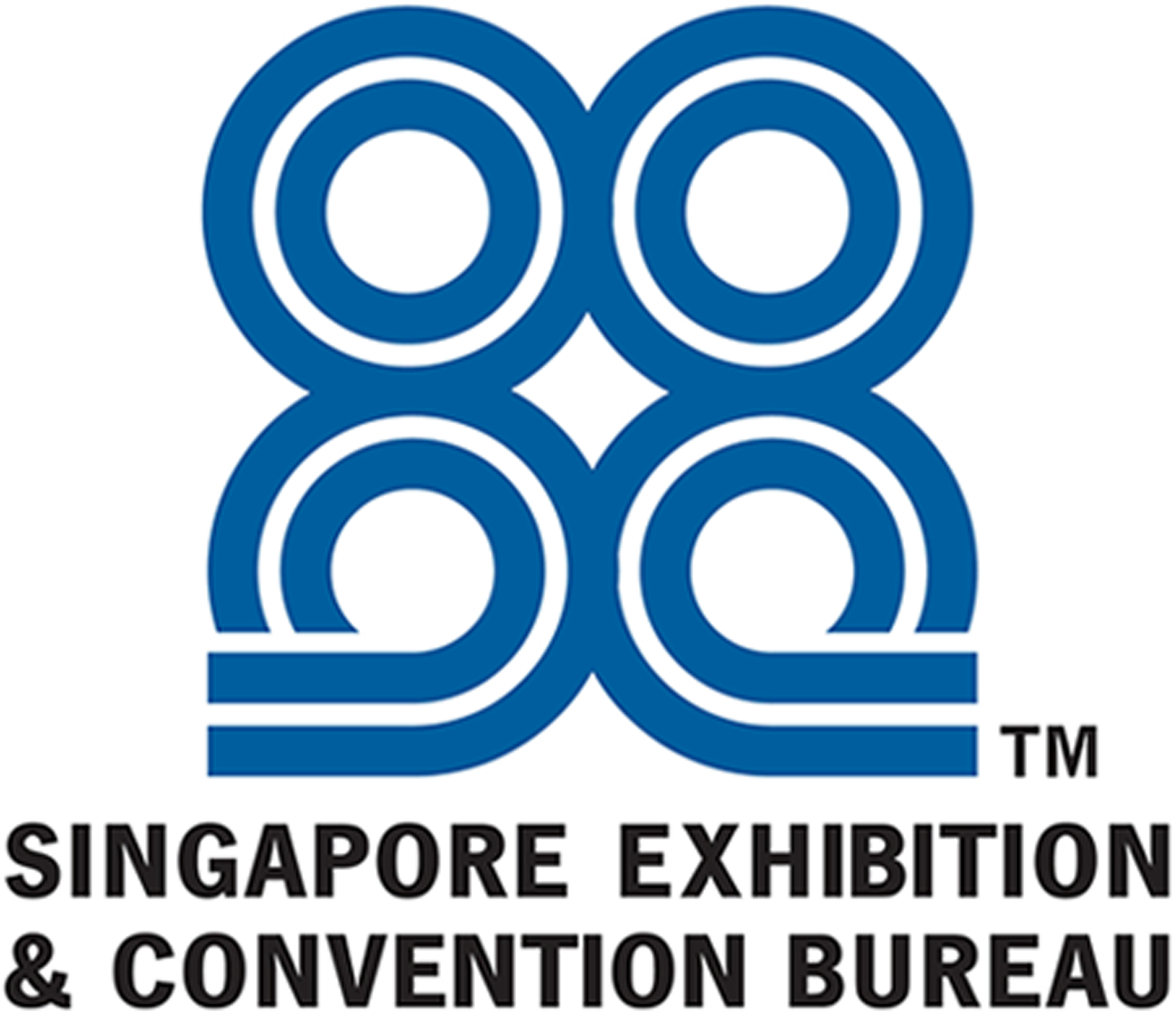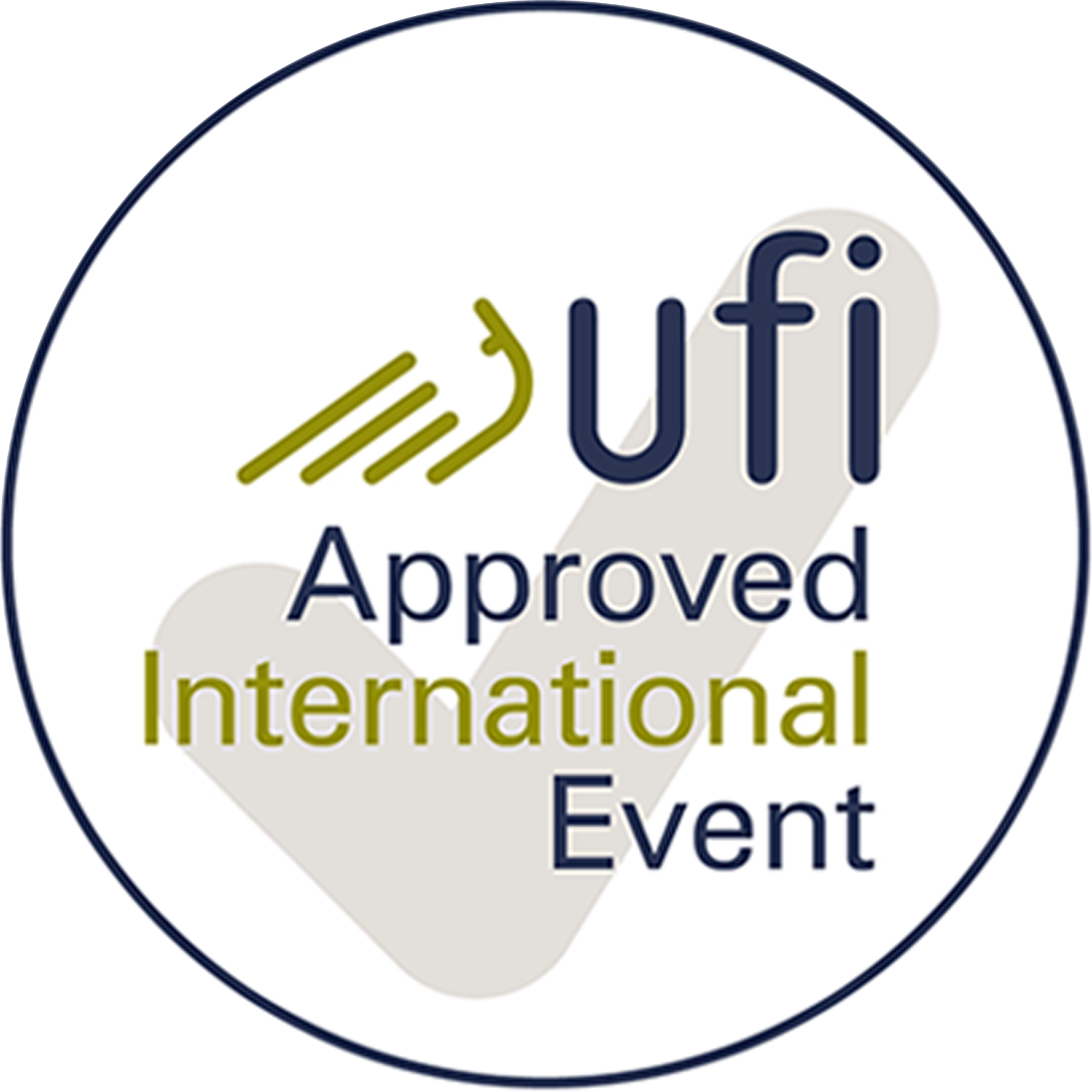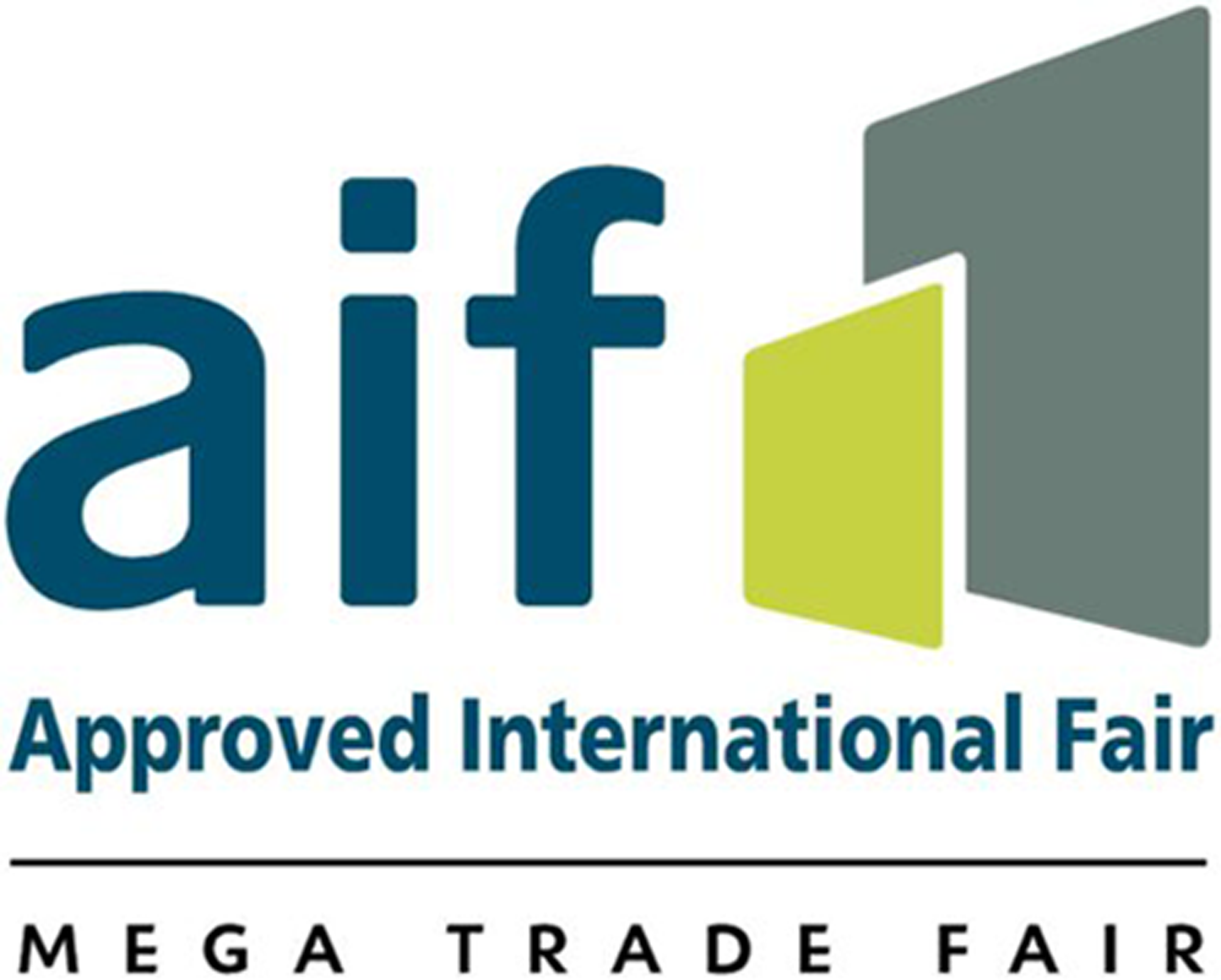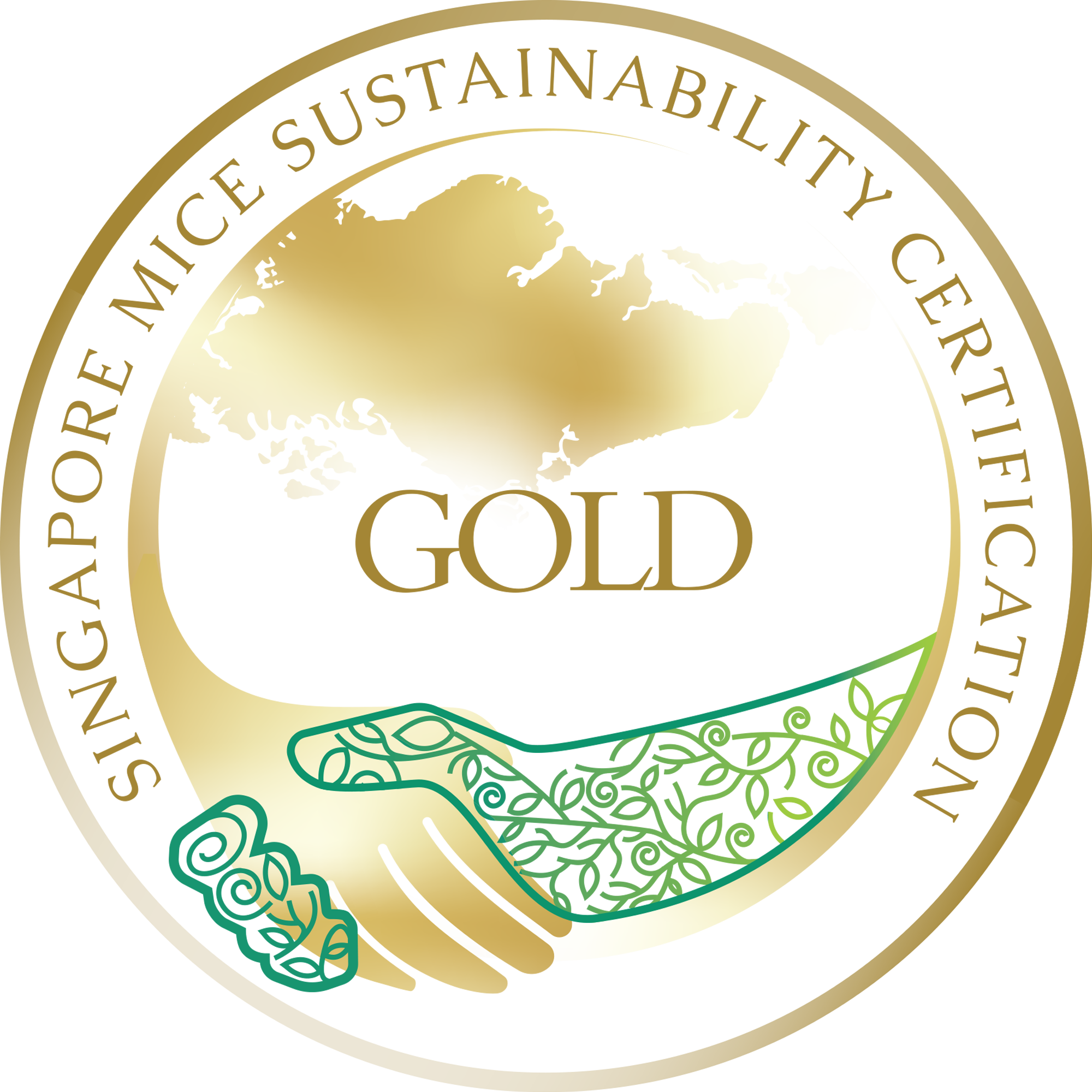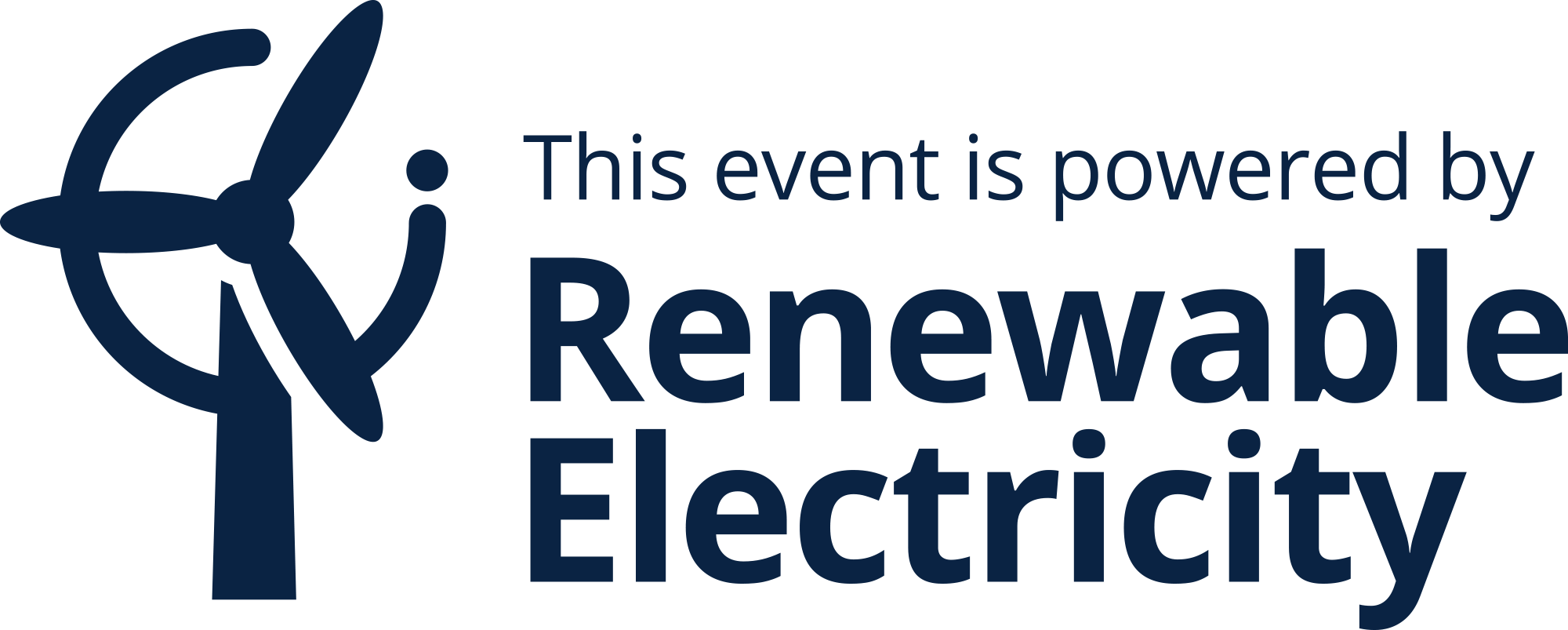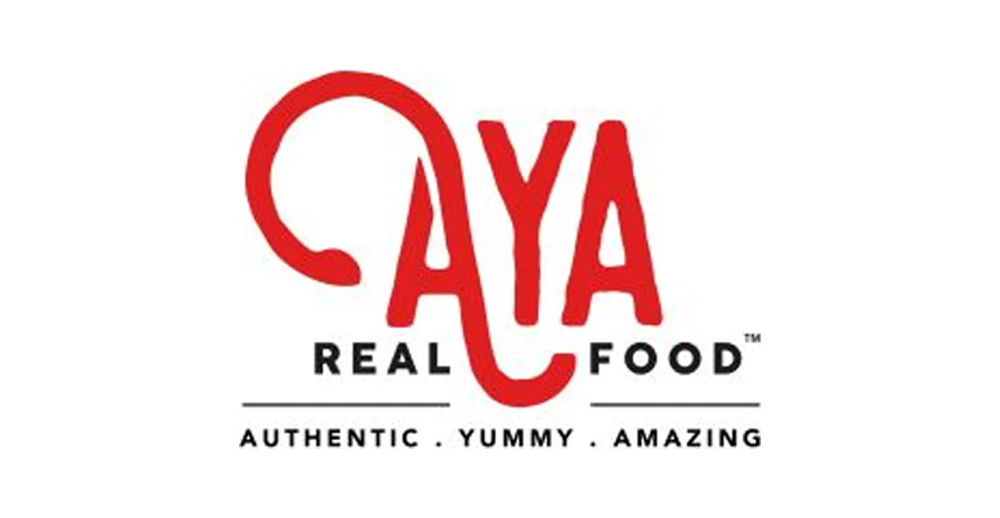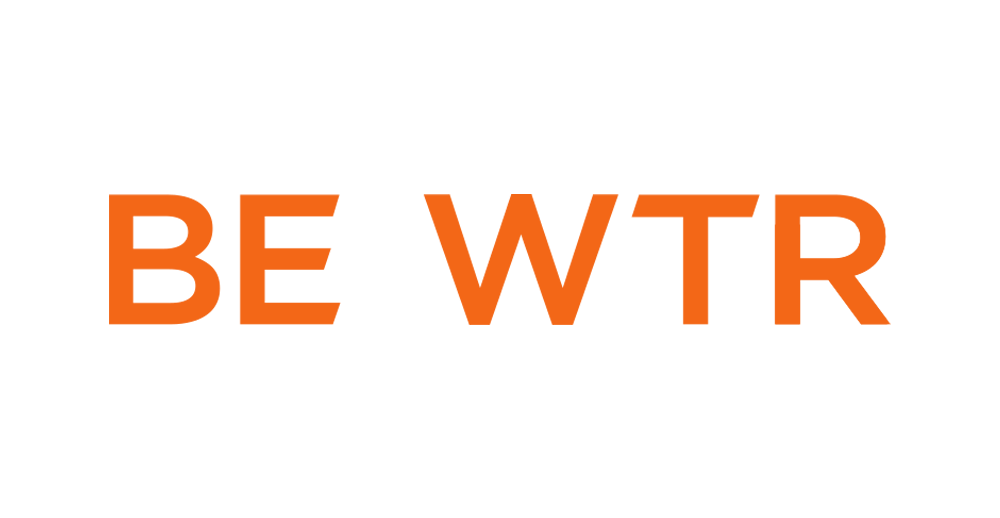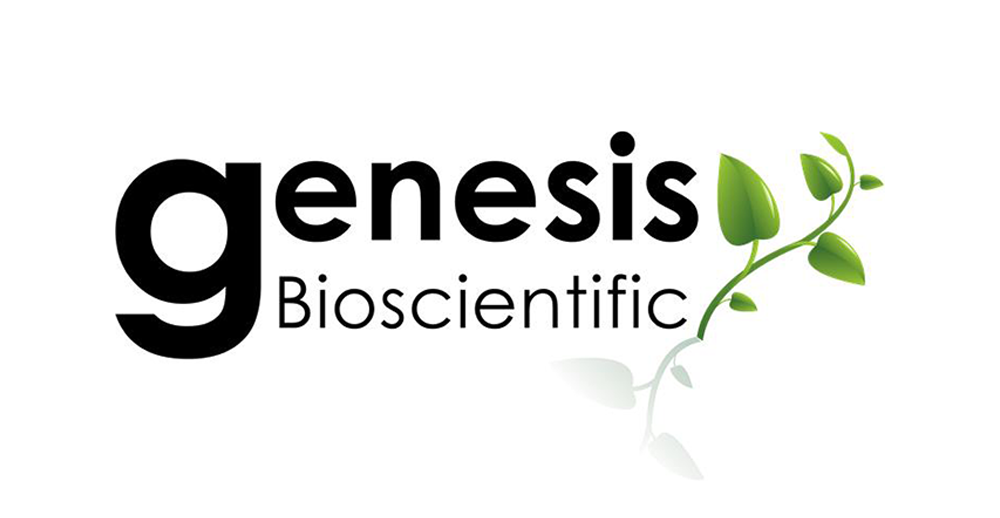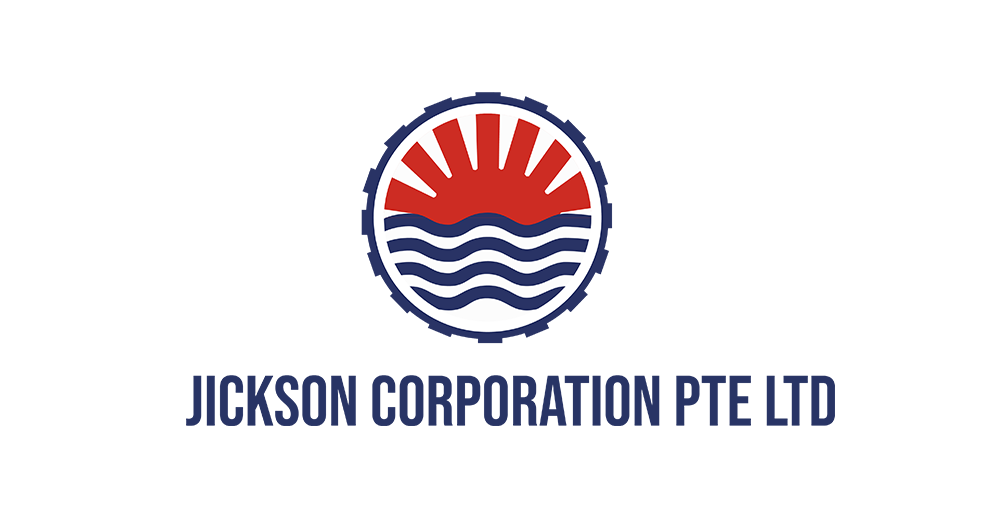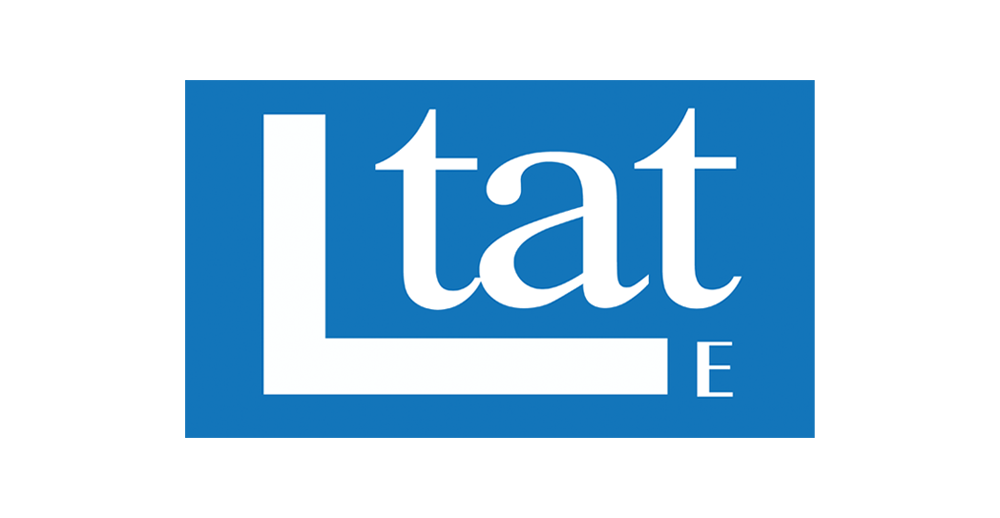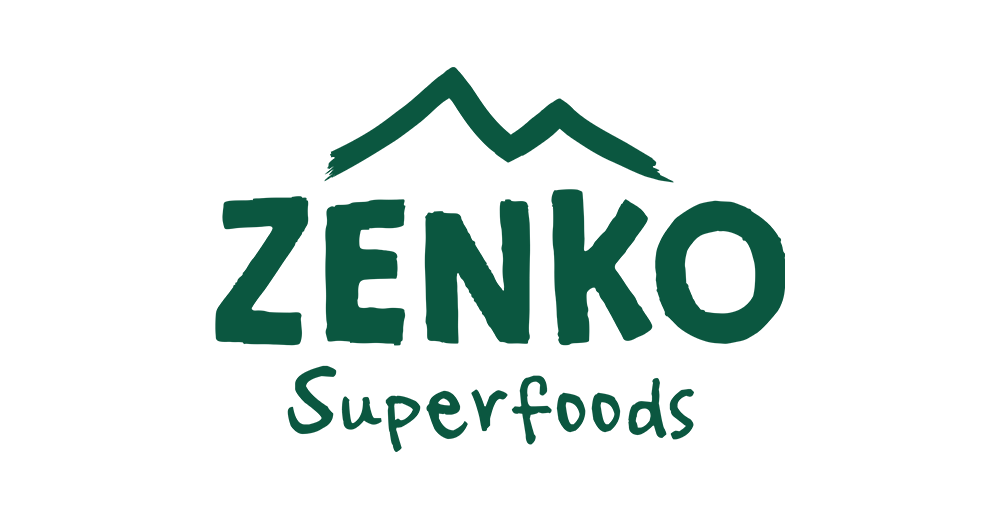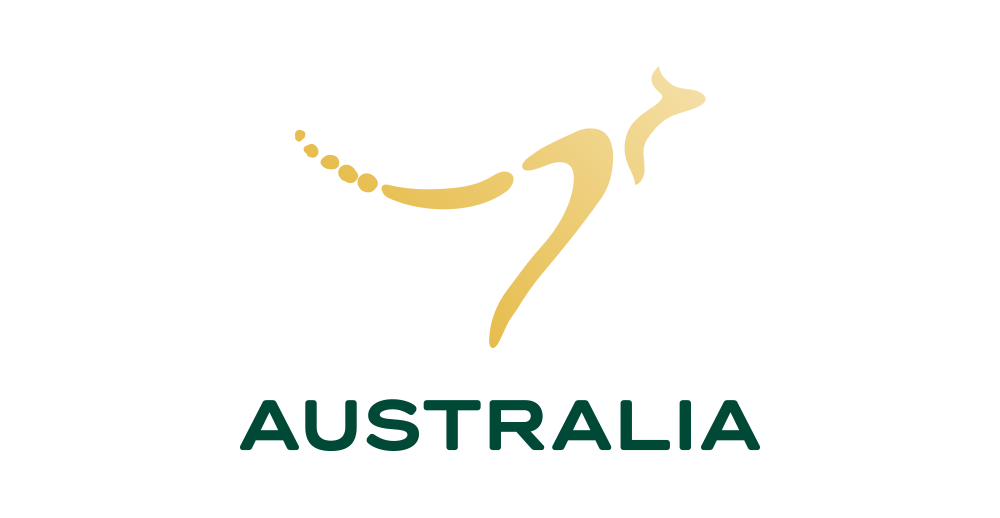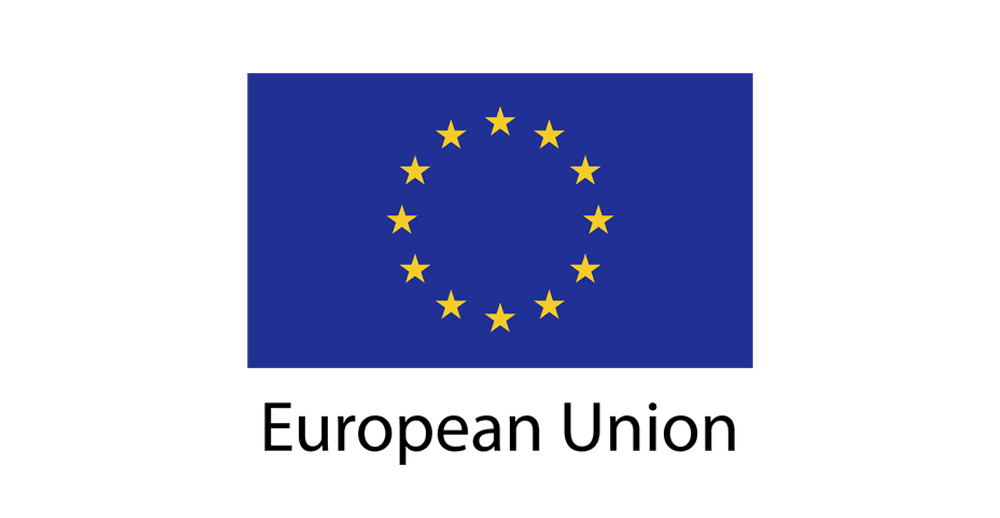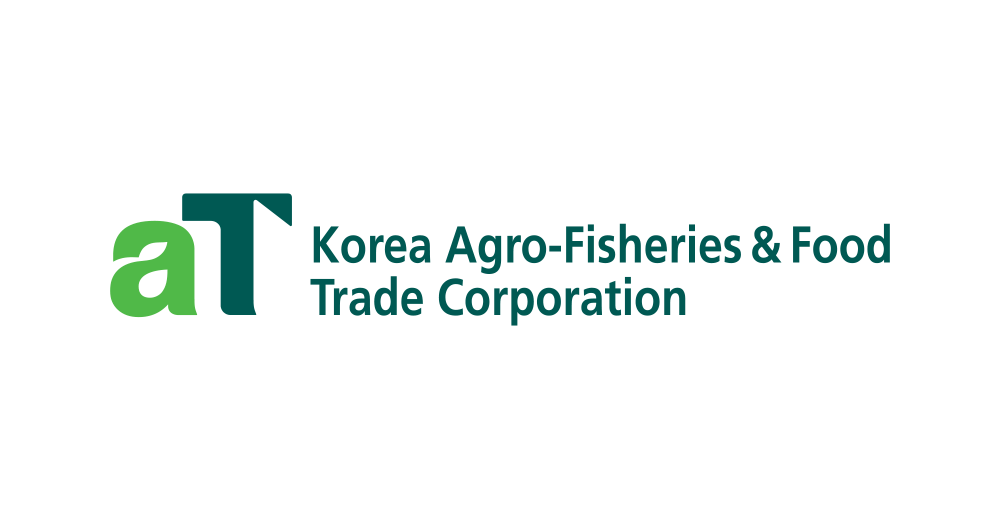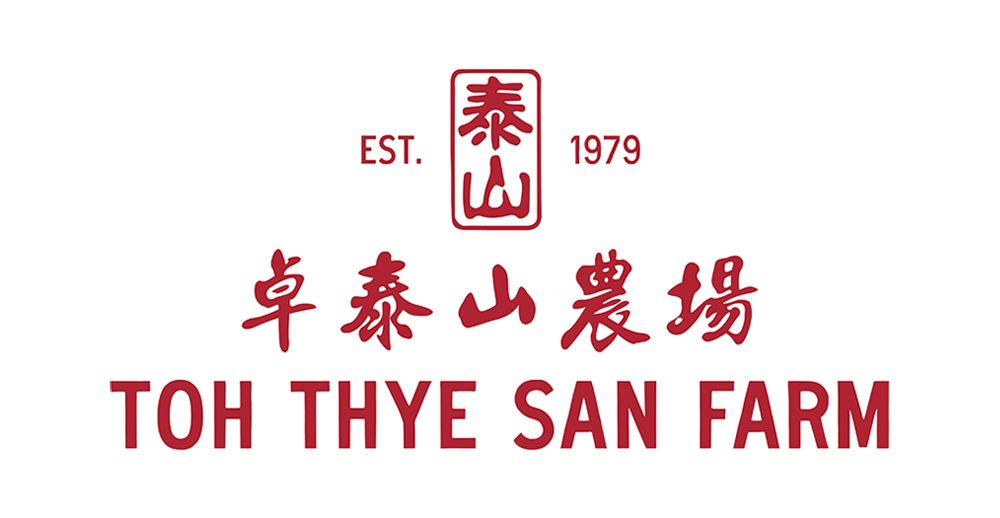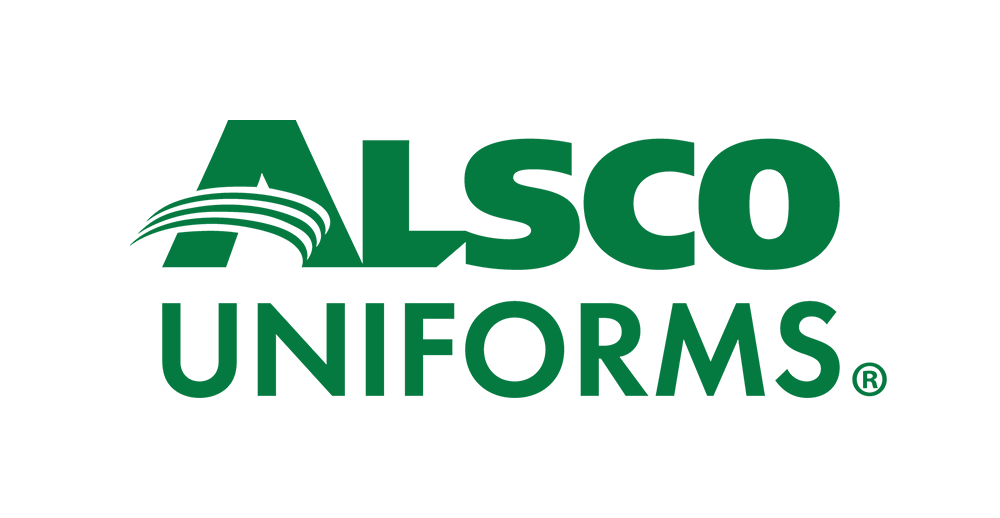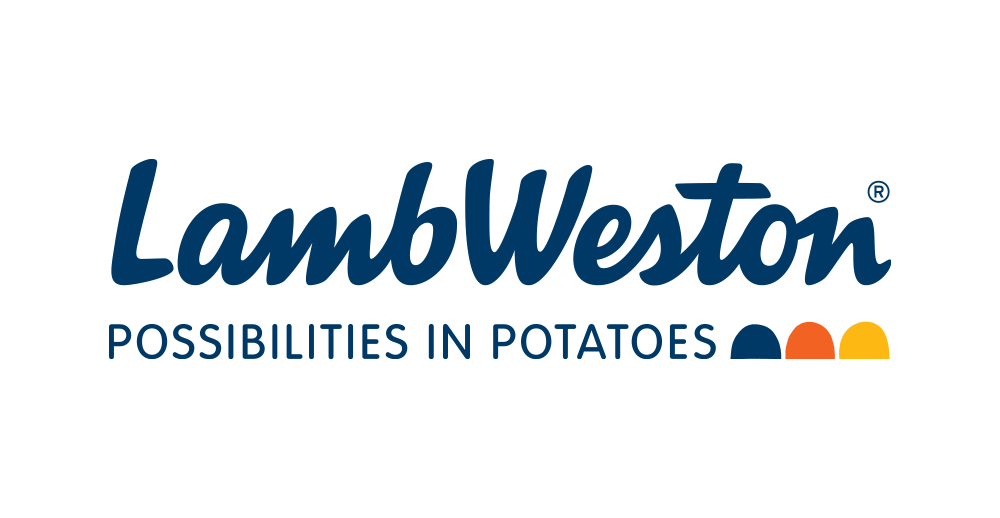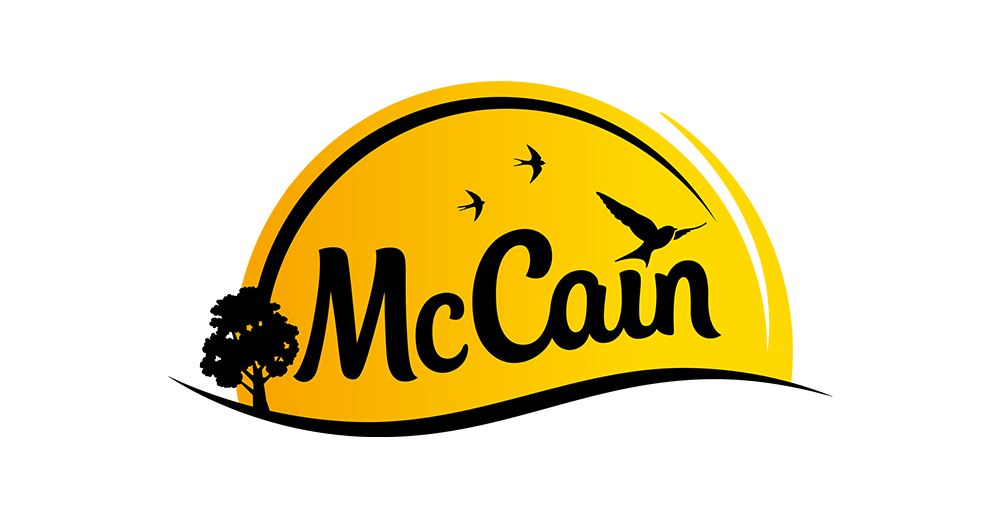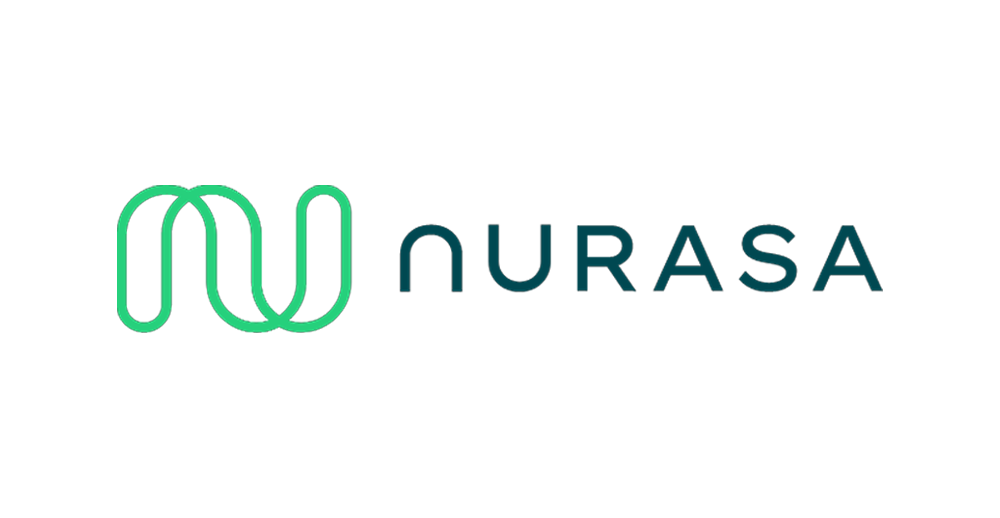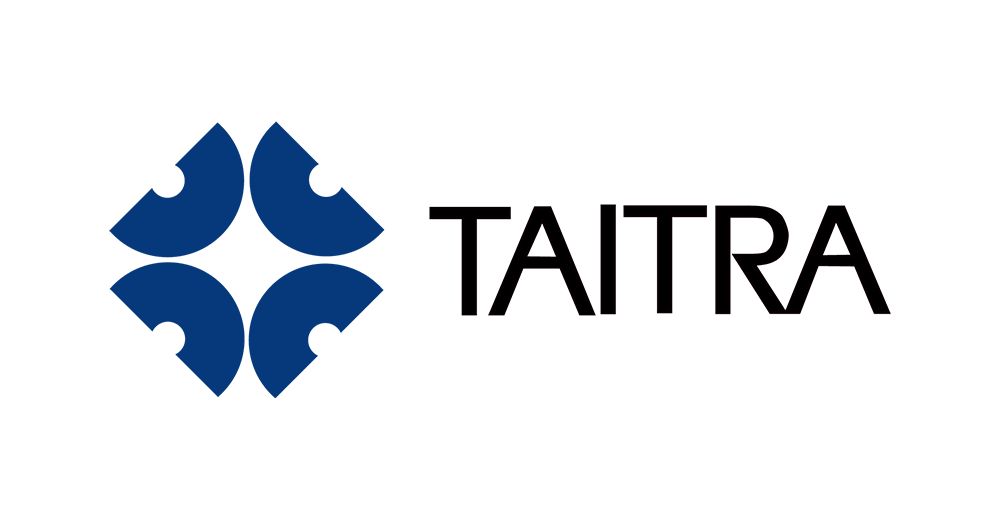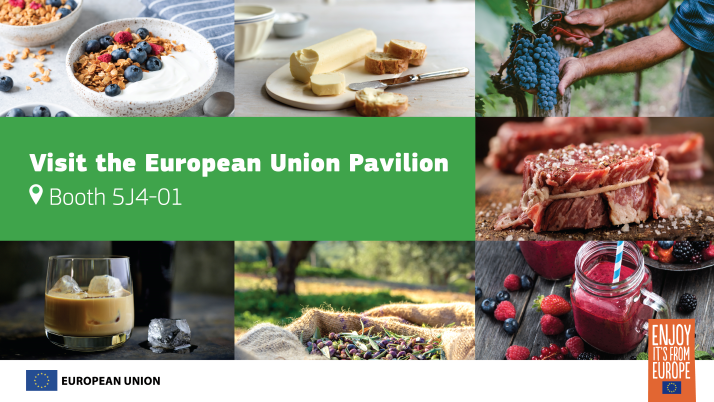
At FHA-Food & Beverage 2025, the European Union Pavilion is returning with an exciting showcase highlighting Europe’s diverse agri-food excellence. Following successful past editions, this year’s pavilion promises to be a vibrant platform for promoting EU food and beverages and the standards that underpin their high quality. Visitors will experience an enticing blend of tradition and innovation, explore premium products, and gain insights into trade opportunities fostered by the EU-Singapore Free Trade Agreement. In the interview below, Ambassador of the European Union to Singapore Iwona Piórko takes a deep dive into the highlights of the European Union Pavilion at this year’s exhibition.
Q: The EU’s last participation at FHA-Food & Beverage dated back 2022. What inspired the EU to return for the 2025 edition?
FHA-Food & Beverage is among the key trade shows in Singapore to promote the excellence of EU agri-food to local, regional and global audiences. Participation in this fair allows us to further develop and deepen agri-food trade relations with Singapore and Southeast Asia. While the EU is back with a pavilion after three years, we have always been present in FHA-Food & Beverage, FHA-Horeca and ProWine through the participation of national pavilions, EU co-funded programmes and individual companies representing the rich and wide diversity of EU food and beverages. In fact, in 2024 Germany participated in FHA as the Country of Honour, proudly representing food and beverages from the heart of Europe, together with a large number of other EU country pavilions.
The sustained participation of Team Europe in FHA is proof that this fair has consolidated itself as a leading business platform for our 27 EU Member States. FHA brings together European, Singaporean and international counterparts to better understand local and global market trends in this fascinating and growing sector. It provides a great opportunity to reinforce established relations and strike new business deals while promoting the high safety, quality, authenticity and sustainability standards of EU agri-food.
This fair is not only about trading with Singapore but also with Southeast Asia. Singapore is a regional trade hub, with a vast network of Free Trade Agreements, which allows companies to explore more business opportunities.
Moreover, Singapore is an attractive market when it comes to EU exports of agri-food, due to its competitiveness and increased appetite for unique, quality and premium products.
The EU-Singapore Free Trade Agreement, in force since November 2019, offers an additional framework for greater market access and avoidance of unnecessary barriers to trade.
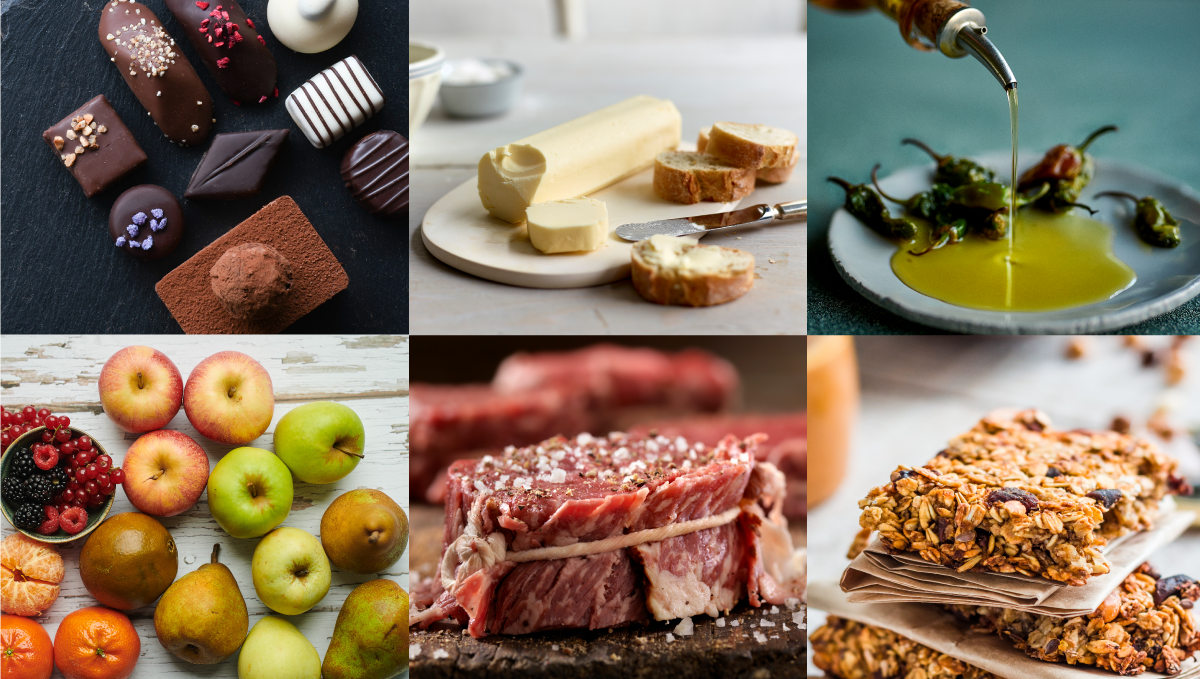
Q: The EU Pavilion will undoubtedly be a highlight at FHA-Food & Beverage 2025. What exciting and new experiences, products, and innovations can attendees look forward to discovering at this year’s showcase?
Our presence at this fair is part of the EU’s agri-food promotion policy, which aims at promoting the high-level safety and quality production standards of European agriculture. EU food production follows centuries of traditions cultivated by farmers in many different regions, from the Algarve in Portugal to Lapland in Finland, from hilly Irish pastures to the plains of Bulgaria. This diversity has resulted in a plethora of authentic products that have preserved centuries-old food-making traditions. At the same time, EU food producers also take particular care to innovate to meet ever-higher food safety and quality standards that continue meeting consumer expectations for healthy, nutritious and balanced diets. This trend makes EU food producers world leaders in food innovation and safety that can help satisfy the demand for quality food products in Singapore and other Asian markets.
For instance, one of our “star products” in the EU, which is gaining increasing acceptance globally is olive oil. For most Southeast Asian countries, olive oil is considered an innovative and exotic product, rarely used in daily cuisine. So what makes EU olive oil special? European olive oil has the unique quality of facing the most demanding EU quality standards for safety, sanitary measures, labelling, nutrition and health, making it the undisputed leader of olive oils produced and marketed around the world. Olive oil is closely associated with the Mediterranean region. In fact, the EU produces 70 % of the world’s olive oil output and is composed primarily of monounsaturated fat (approximately 73 %). This is a heart-healthy fat that is a staple of the Mediterranean diet containing 30 various types of phenolic compounds, which are powerful antioxidants that protect the body against free radicals.
I am pleased to say that in 2024, EU exports of olive oil to Singapore hit a record €20 million, doubling in value compared to five years ago. This clearly shows the increased appetite for this quality product. Some olive oils can be found on the market as protected geographical indications like Kalamata from Greece, Monti Iblei from Italy or Siurana from Spain, providing an additional label of quality and guarantee of origin.
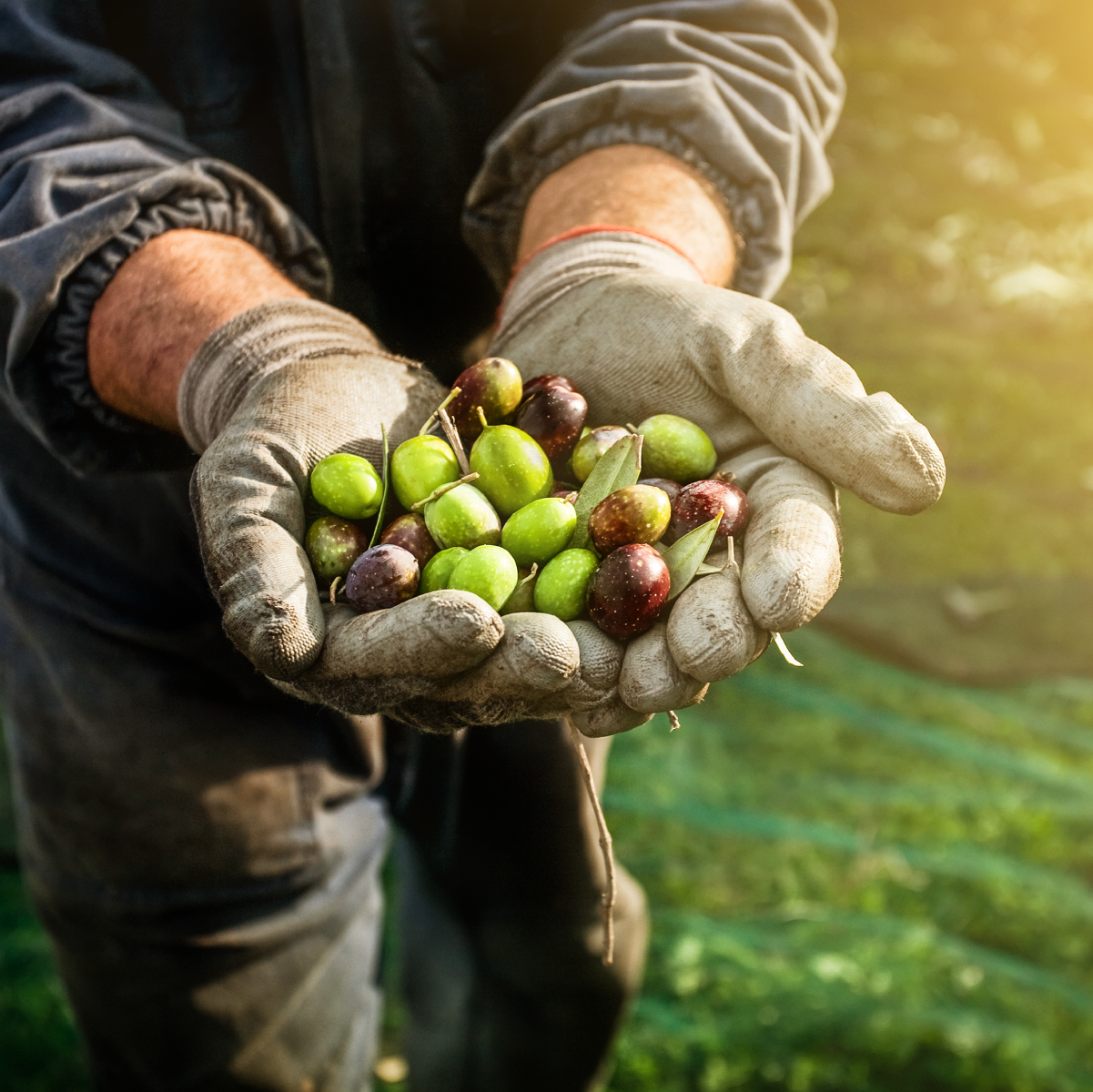
In addition to olive oils, at the EU Pavilion, we will display a large diversity of high-quality products and promote our key EU quality schemes, namely geographical indications and organic products. Throughout the week, we are offering visitors a unique opportunity to explore the excellence of European agricultural products. Attendees will experience hands-on workshops and learn more about the high standards of authenticity, quality, safety and sustainability that define EU products. Our main objective is to reach a wide audience to explain and share the way we, Europeans, produce and consume food.
Local importers, institutional stakeholders, buyers, retailers, and distributors are invited to visit the EU pavilion to taste a variety of products from across the EU and discover their unique stories during the cooking shows that are being organised with top local Chefs!
In addition to the activities that will be organised at the EU pavilion, we are keen to announce that the EU is also organising two special events.
On the 8th of April, at the FHA Seminar in Hall 5 on food standards and regulations, interested local businesses and importers are invited to attend a specially curated panel discussion on “EU food safety and quality – Trade opportunities unlocked by the EU-Singapore FTA” which will be happening from 3:30 PM – 5:00 PM.
On the 10th of April at the Sustainable Food Future Seminar in Hall 4 from 11:00 AM – 1:00 PM, we are inviting visitors to attend the session titled “It’s the Perfect Match: discover EU authenticity on your plate: European quality products.” This will include cooking shows and tasting of recipes, with a special focus on EU geographical indications.
Q: With local and international attendees at FHA-Food & Beverage 2025, how is the EU and its Member States helping businesses around the world connect with European suppliers and explore the unique offerings of European’s F&B sector?
Our presence in international food fairs, such as FHA-Food & Beverage 2025, is extremely important and allows us to pass key messages on the main qualities of EU agri-food products: safety, quality, authenticity and sustainability.
The EU is home to some of the world’s leading quality and safety standards for agriculture, food and beverages. Our approach to these events is to create opportunities to highlight the benefits of European food policies and contribute to trade developments and innovations. Through these agri-food policies, the EU continuously builds on diversity to add value, thus creating job opportunities and export potential.
At a time when we are facing global challenges to food supply chains, the EU remains a trustworthy and reliable trade partner. While we emphasise our quality and safety as key merits, it is important to recall that the EU is the largest global trading block and the world’s biggest exporter and importer of agricultural products. Therefore, we have the capacity to supply food and beverages on a large scale, without compromising our environmental and safety standards. This seems to be the perfect match with countries like Singapore, which are on the lookout for greater diversification of import sources.
Beyond business, food represents culture and heritage. It allows the creation of bonds by improving mutual knowledge and understanding of culinary traditions. Therefore, I can only encourage all your readers to visit our pavilion to discover and experience first-hand European excellence.
Q: Southeast Asia is a dynamic and fast-growing market for F&B. What key opportunities does the EU see in this region, and how does FHA-Food & Beverage 2025 serve as a critical platform for European businesses to build partnerships and expand into this market?
Singapore is the EU’s main trade and investment partner in ASEAN, underpinned by a comprehensive Free Trade Agreement (EUSFTA), in force since November 2019. Our annual bilateral trade in goods and services amounts to over €130 billion, positioning Singapore as the EU’s 10th largest trading partner. This partnership has been further strengthened by the recent conclusion of negotiations for a bilateral Digital Trade Agreement, the first one of its kind concluded by the EU.
The EUSFTA provides a stable legal framework in terms of market access conditions, removal of unnecessary barriers to trade and protection of intellectual property rights, which are all beneficial for business operators in the F&B sector. By fully unlocking the potential of our FTA, Singapore can import more products from Europe as a reliable source for greater diversification, improve supply chains and directly access safer, high quality and sustainable food.
Our annual agri-food exports to Singapore amount to over €2 billion and include a wide range of products. These range from spirits, wines, beer, dairy, meat, egg, fruits and vegetables, as well as confectionery, cereals, olive oils and pasta products.
Besides Singapore, we have concluded an FTA with Vietnam and are currently negotiating similar agreements with Indonesia, the Philippines, Thailand and Malaysia. Given the size of its population and economic weight, ASEAN is an increasingly attractive market for European companies to do business. Singapore is the ideal gateway and entry point for many of our exports into the wider region.
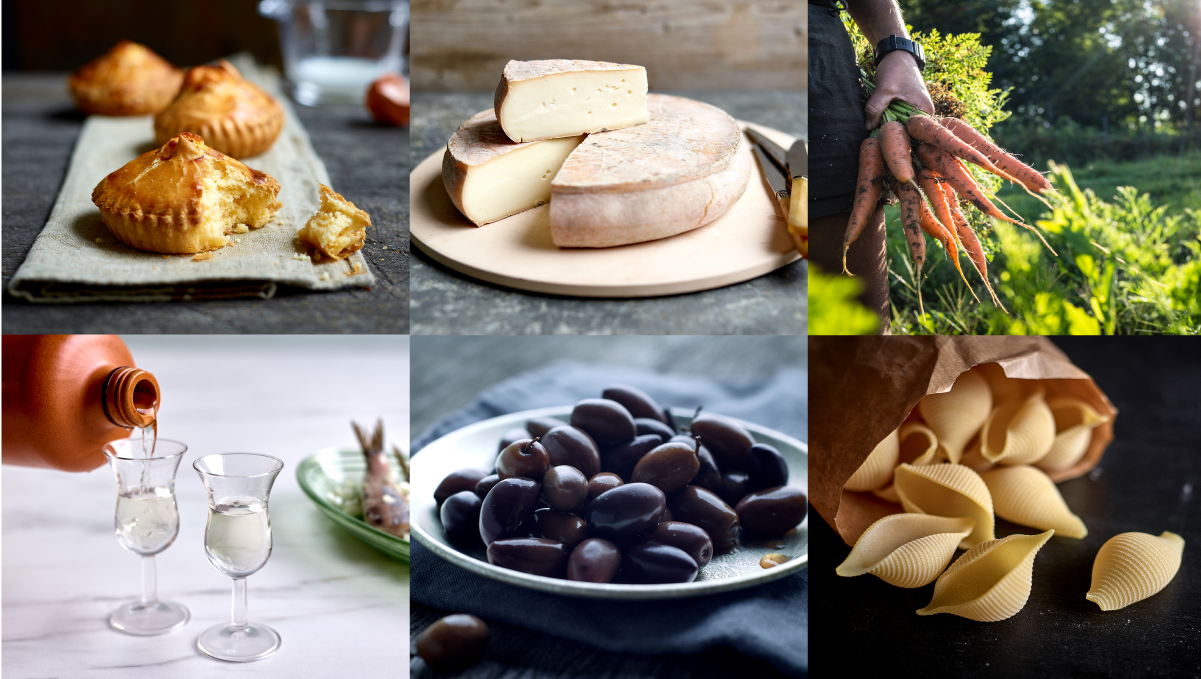
Q: How is sustainability integrated into the products presented by the EU at FHA Food & Beverage 2025, and how is this value communicated to Singaporean consumers?
We will pay particular attention to sustainability, mostly to sustainable agriculture, which encompasses a wide range of production practices, designed to produce long-term results without compromising the ability of current or future generations to meet their needs. Consumers all around the world are raising legitimate ethical concerns about the way we produce food. We want our food to be environmentally friendly, from farm to fork, by respecting biodiversity, soil fertility, water quality and practices that respect the natural cycle of production of plants, including rotation of crops, and lower use of pesticides, fertilisers and antibiotics.
During the fair, we will have several opportunities to present how Europeans integrate sustainability into our food production. The EU Common Agricultural Policy (CAP) places good environmental practices at the heart of agriculture and forestry in the EU, ensuring that the protection of the planet and the production of food can go hand in hand. The CAP upholds environmental rules and encourages green farming, for instance tackling climate change, protecting natural resources and enhancing biodiversity. The CAP contributes to each of these goals through support for organic farming and support for responsible management of inputs in agriculture such as pesticides and fertilisers, among other measures. The CAP ensures that natural resources are managed responsibly across the EU. During the fair, our chef cooks will use EU products in their recipes. This will be an opportunity to present and explain to the audience how some of the ingredients used by our chefs have been produced, harvested and processed sustainably.
Q: To end on a lighter note, if you had to summarise the EU’s participation at FHA-Food & Beverage 2025 in just five keywords, what would they be?
We will offer you two answers:
Safety, quality, authenticity and sustainability!
And,
Enjoy, it’s from Europe!
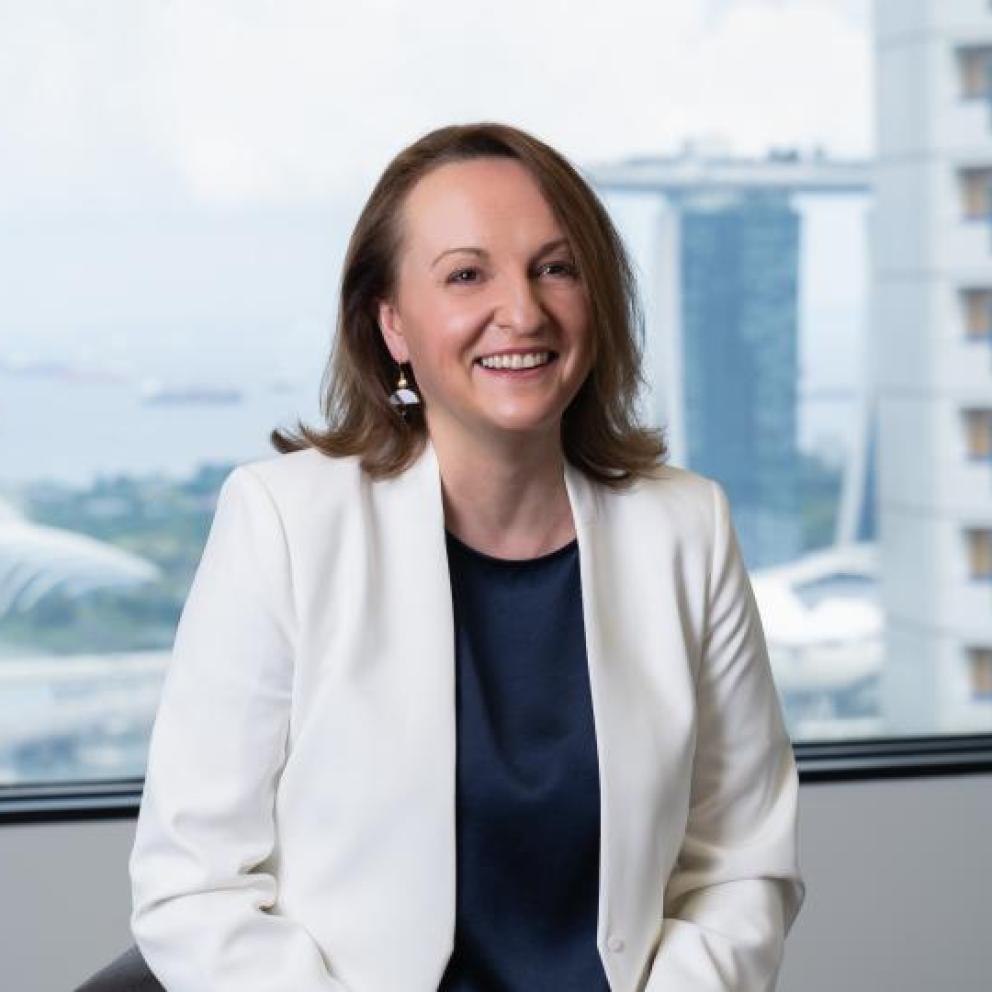
H.E. Iwona Piórko – Ambassador of the European Union to Singapore


